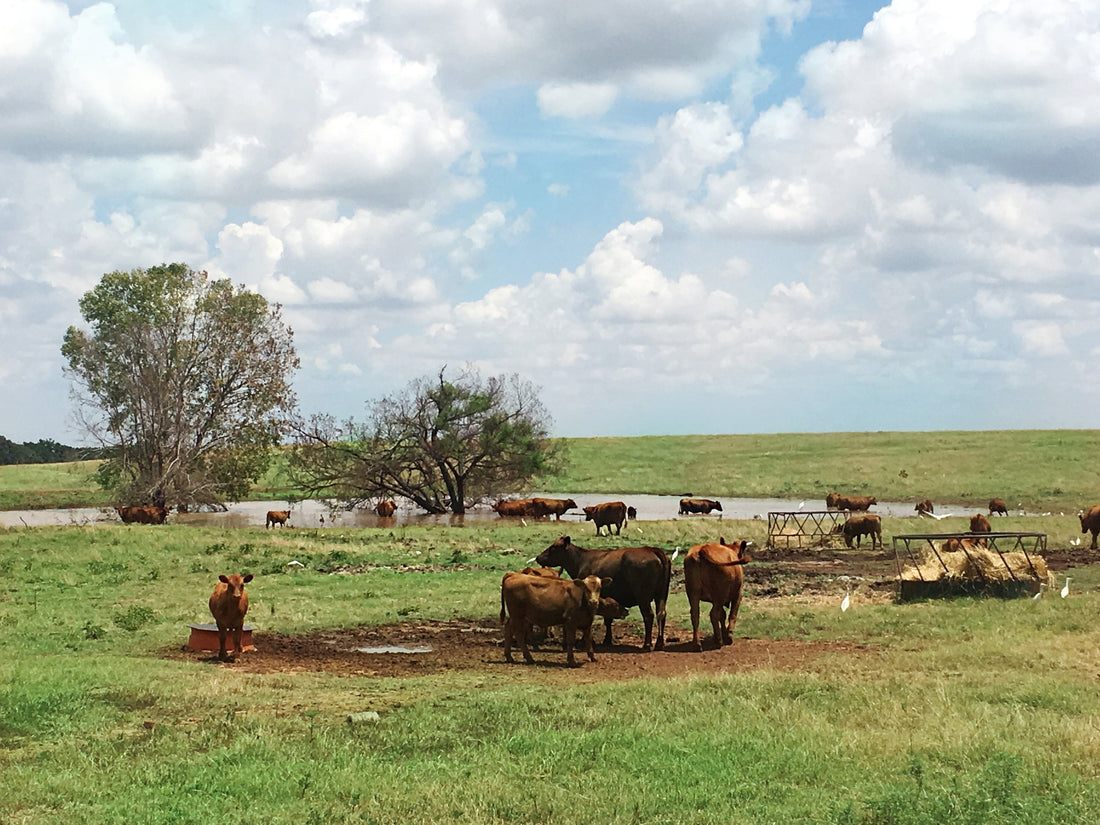
6 Key Facts Why Fresh Water Plays a Vital Role in Livestock's Health
Share
Title: The Vital Role of Fresh Water for Livestock Health and Productivity
Water is a fundamental component for all life, and when it comes to livestock, its importance cannot be overstated. Ensuring that animals have access to clean, fresh water is essential for their health, growth, and overall well-being. While it may seem like a simple need, fresh water provides a wide range of benefits to livestock that directly impact both their performance and the quality of the products they provide.
In this blog, we’ll explore the key benefits of fresh water for livestock and why it is critical to their care. We will see how Solar Water Pumps can provide health benefits along with being economically friendly.
1. Hydration: The Cornerstone of Health Water is the primary medium through which all bodily functions occur in livestock. Hydration is essential for maintaining optimal body temperature, digestion, circulation, and more. Without adequate water intake, livestock can become dehydrated, leading to a range of health problems, including fatigue, reduced appetite, and organ stress.
Dehydration is a serious condition that can result in livestock being more vulnerable to diseases and illnesses. Providing fresh, clean water regularly ensures that animals remain hydrated, which in turn helps maintain overall health and vitality.

2. Improved Digestion and Nutrient Absorption Water plays a crucial role in the digestion of food and absorption of nutrients. For example, livestock need water to break down feed and help in the process of moving nutrients through their digestive systems. Insufficient water intake can result in slower digestion, which can lead to constipation, poor nutrient absorption, and ultimately reduced growth rates.
For ruminants like cattle, sheep, and goats, water is even more vital, as it supports the fermentation process in the rumen, allowing the microbes to break down fibrous plant material into usable nutrients. This enhances the efficiency of their diet and ensures they get the most from their food.
3. Optimizing Milk Production Fresh water is especially important for lactating cows, as they require substantial amounts of water to produce milk. A dairy cow can consume up to 50 gallons of water per day, depending on its size and milk production levels. Without adequate hydration, milk yield can decrease significantly, impacting both the health of the cow and the profitability of dairy farming.
Water also helps in maintaining the quality of milk. Proper hydration can result in milk with better composition, such as ideal fat and protein levels. Thus, providing fresh water to lactating livestock is one of the easiest and most effective ways to ensure high milk production.

4. Supporting Growth and Weight Gain For young livestock and those being raised for meat production, fresh water is key to healthy growth and weight gain. Water assists in the metabolic processes that are necessary for converting feed into muscle mass. Inadequate water intake can lead to stunted growth, poor weight gain, and a weaker immune system, all of which can significantly reduce the potential value of the livestock.
Ensuring a steady supply of clean water encourages rapid growth in young animals, leading to healthier, larger livestock ready for market.
5. Temperature Regulation Livestock are highly sensitive to changes in temperature. In hot weather, animals rely on fresh water to help regulate their body temperature. Water is essential for maintaining normal body heat levels, and dehydration in hot conditions can lead to heat stress, which negatively impacts feed intake, milk production, and overall health.
In colder months, livestock may drink less water, but fresh, clean water is still necessary to prevent dehydration and support metabolic functions.
6. Preventing Health Issues Access to clean water can help prevent a variety of health problems in livestock. Dirty or contaminated water can introduce harmful bacteria, parasites, and pathogens, leading to diseases such as diarrhea, pneumonia, and other infections. These health issues can significantly affect livestock productivity, leading to increased veterinary costs and reduced profitability.
Fresh water, on the other hand, reduces the risk of waterborne diseases, ensuring that livestock are not exposed to harmful contaminants. Keeping water sources clean and regularly changing the water will help prevent health problems before they arise. Solar Water Pumping Systems can prevent stagnant water, pumping fresh amounts of water as the stock tank or pond begins to lower.
Fresh, clean water is essential for the well-being of livestock and plays a vital role in their growth, health, and productivity. Providing livestock with easy access to high-quality water is one of the most important steps farmers can take to ensure the success of their operations. From hydration and digestion to milk production and temperature regulation, water affects nearly every aspect of livestock management. By prioritizing fresh water, farmers can support the overall health of their animals and maximize the productivity of their herds.

Facts generated by AI.
